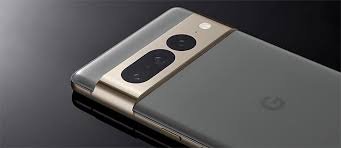
Indonesia has announced a ban on the sale of smartphones made by Alphabet’s Google due to regulations requiring the use of locally manufactured components. This decision follows a similar ban on Apple’s iPhone 16 for the same reason.
The Indonesian government blocked the sale of Google Pixel phones because the company did not comply with the rules mandating that at least 40% of parts in smartphones sold in the country must be manufactured locally. Febri Hendri Antoni Arief, spokesperson for the industry ministry, stated on Thursday, “We are implementing these rules to ensure fairness for all investors in Indonesia.
Google’s products have not adhered to the scheme we set, so they can’t be sold here.” Google clarified that its Pixel phones are currently not officially distributed in Indonesia. Febri mentioned that consumers can purchase Google Pixel phones from overseas, provided they pay the applicable taxes. He also added that the government may consider deactivating phones that are sold illegally in the country.
This ban on Google’s devices comes just a week after Indonesia prohibited the sale of the iPhone 16 domestically for failing to meet local content requirements. Typically, companies enhance the use of domestic components to comply with such regulations through partnerships with local suppliers or by sourcing parts within the country.
Notably, Google and Apple are not among the top smartphone manufacturers in Indonesia. According to research firm IDC, the leading smartphone makers in the first quarter of 2024 were Chinese company OPPO and South Korean firm Samsung.
Indonesia boasts a large, tech-savvy population, making it a key target market for technology investments. Bhima Yudhistira, director of the Center of Economic and Law Studies think tank, described the government’s actions as “pseudo-protectionism,” which he believes harms consumers and undermines investor confidence. He stated, “This creates a negative sentiment for investors looking to enter Indonesia.”